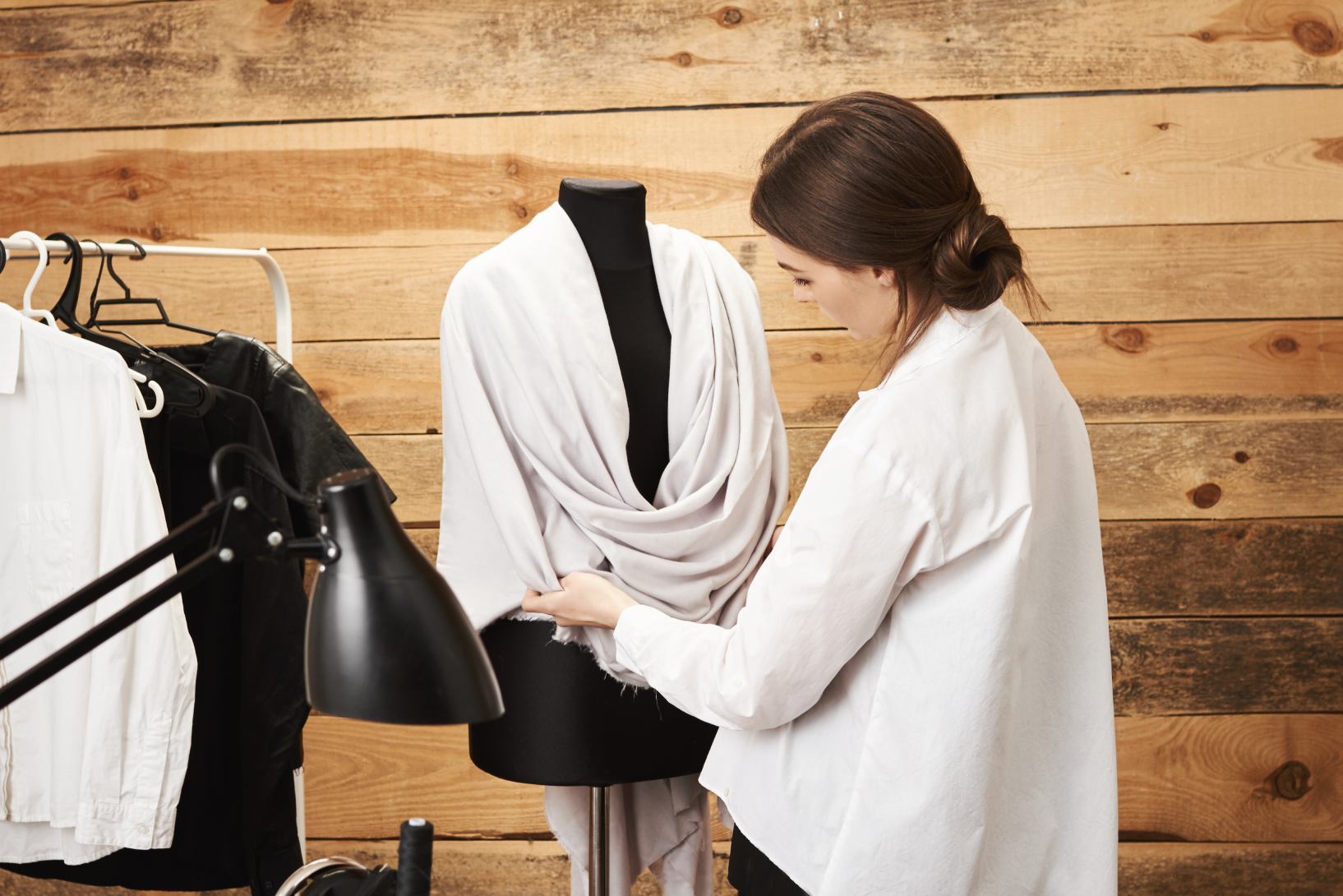
5 Myths About Sustainable Fashion that Should be Dead
As with any new and budding industry, the sustainable fashion industry is also rife with myths and biased beliefs based on unverified information floating around on the internet. Several of these are myths that should have been long dead. But it helps to remember that sustainable fashion is a growing and evolving industry and misinformation is going to be common throughout this journey as the products and processes are standardized and perfected. Despite this, today we will be busting some common myths about sustainable fashion and clothing:
-
You NEED to do a closet cleanout on your sustainable clothing journey: There is nothing farther from the truth here. Sustainable fashion is all about making the best use of what you currently have in your wardrobe. It most certainly is NOT about getting rid of a major chunk of your clothes or doing a rogue cleanout just to end up buying more clothes. This may be the first step of a minimalist wardrobe but it most certainly is not one of sustainable fashion.
-
Minimalism = sustainable fashion: Following the previous point, several people equate sustainable clothing choices to minimalism. There is a significant difference between the two lifestyles. While sustainable fashion does mean choosing slow fashion, it is not restricted by the number of garments/outfits in your wardrobe. Minimalism defines the number of pieces in your wardrobe while sustainable fashion is about choosing clothing and materials that are ethically sourced, sustainably made, and generally fairtrade with minimal environmental impact.
-
You have to BUY from sustainable fashion brands to be sustainable: This is entirely false. It’s quite possible that sustainable fashion brands are out of your budget or just not present in your geography. Even fast fashion can be sustainable. All you have to do is buy clothes that you know you’ll be wearing often, wearing them for a longer time, mending or repairing them instead of replacing them and repurposing the ones that get old enough.
-
Donating clothes is enough: We often think that donating clothes to thrift stores is enough sustainability on our part. The truth is that only 20% of the clothes donated are sold. The rest either end up in landfills or are sold in developing countries.
- If a brand says they’re sustainable, then they are: This is one of the ways in which fast fashion brands trick consumers into buying from them. It is absolutely not important that brands which say they’re sustainable are actually sustainable. They may only be projecting a sustainable image while nothing changes in the back end. A common example for brands saying they have saved water in dyeing when the truth is that dyeing takes only about 10-15% of the entire water usage. This is called greenwashing and is rampant across all industries. To find out if a brand is actually sustainable, one must look at its entire supply chain- from fabric sourcing to material processing, manufacturing processes, transportation methods used, and labour treatment. And this doesn’t even cover all of it. This requires serious research before you go ahead and buy their product.
These are only a few common myths, but there are a lot more that we might have either heard, read or simply assume. And this is why we want to congratulate you on finishing this article! You have made the first step in your journey towards sustainable fashion – awareness. We hope you continue your journey. It’s the small steps that count!






